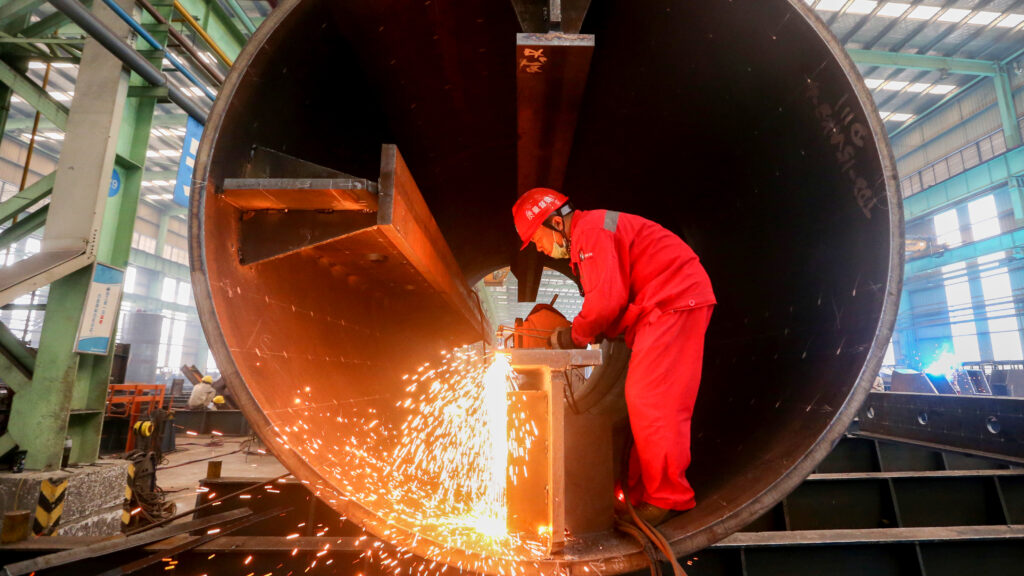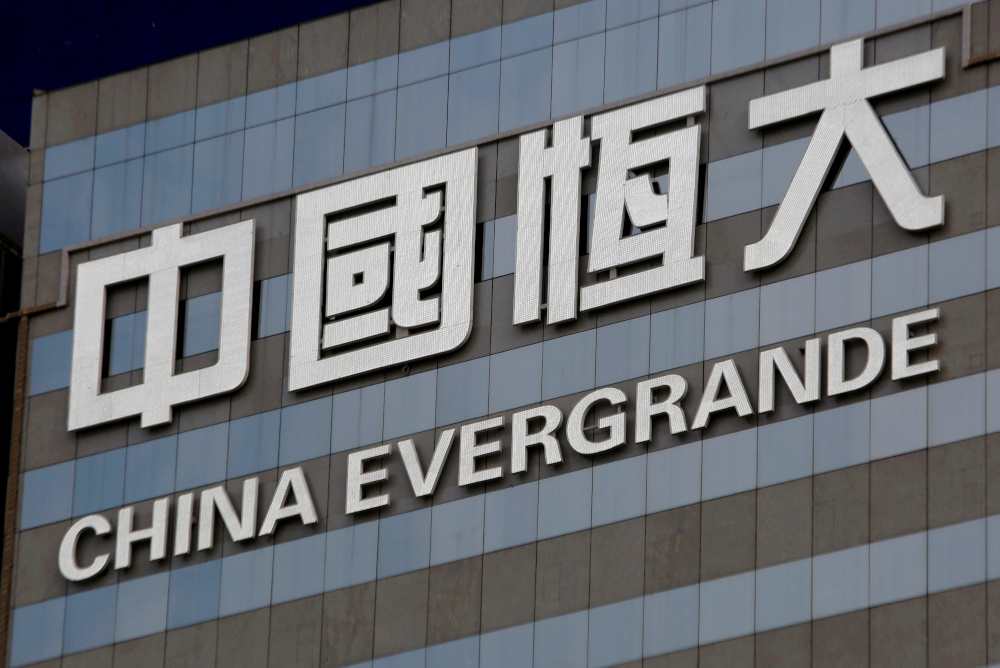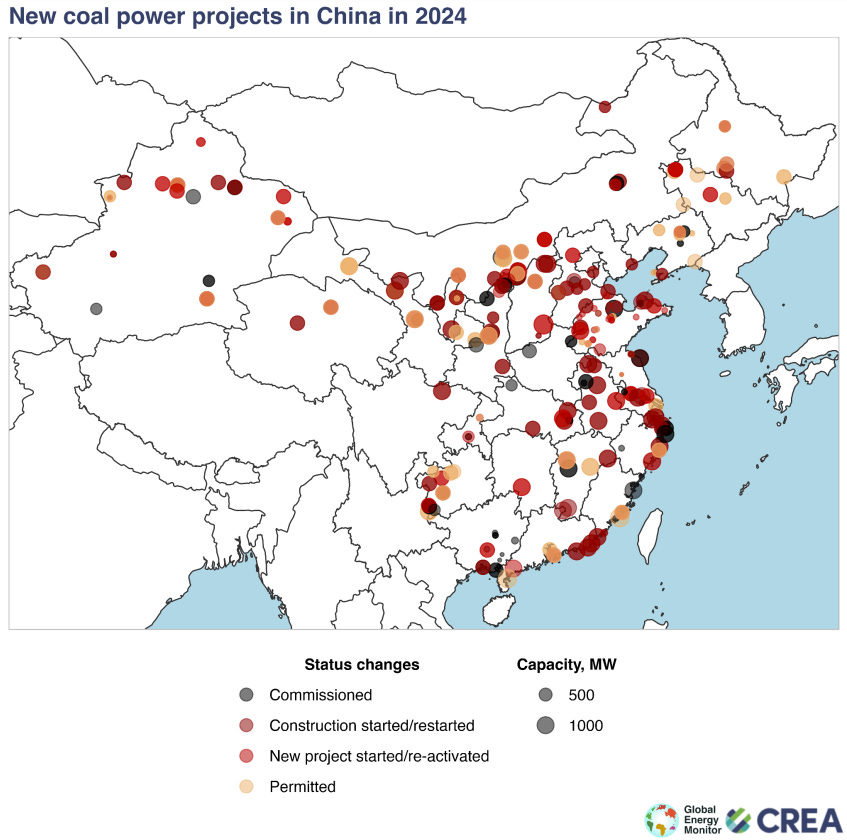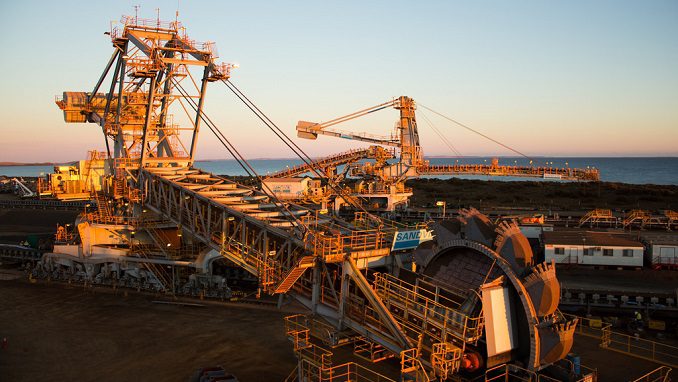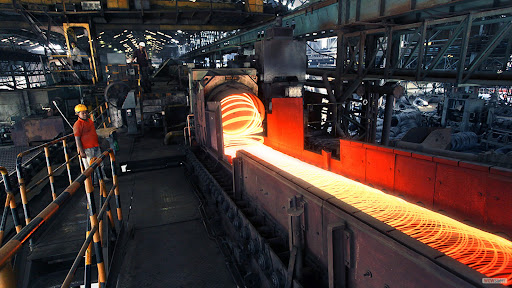Baoshan Iron & Steel (Baosteel), the main listed subsidiary of China’s largest steelmaker Baowu Steel Group, has announced price increases for most flat steel products in November. The company is raising prices by 400-550 yuan per tonne across various products, following a series of price cuts between July and October. This move signals a shift as the company adjusts to improving market sentiment driven by government stimulus.
Hot-rolled coil (HRC) and sheet prices will increase by 500 yuan per tonne, while heavy plate, pickled products, cold-rolled products, and galvanized products will see similar hikes. Certain high-grade products, including electro-galvanized steel and pre-painted steel, will rise by 400 yuan per tonne. Grain-oriented electrical steel prices will remain unchanged in November after increases of up to 1,000 yuan per tonne in October.
Baosteel’s price hikes coincide with similar moves by other major Chinese steelmakers. Anshan Iron & Steel (Angang) and Benxi Iron & Steel (Bengang) announced increases of 300-600 yuan per tonne for November across a range of steel products, including HRC, heavy plate, and wire rod. Notably, prices for cold-rolled coil (CRC) for automotive use will rise by 600 yuan per tonne.
These price increases follow a rally in steel prices on the Shanghai Futures Exchange (SHFE) in early October, driven by China’s latest stimulus measures aimed at boosting economic growth. The SHFE HRC contract surged to over 3,900 yuan per tonne, its highest level in four months, before stabilizing around 3,575 yuan per tonne.
The stimulus has spurred improved demand from downstream sectors, particularly consumers of cold-rolled steel, who are replenishing their inventories in anticipation of higher prices. However, some analysts caution that weakening export demand could dampen the domestic market’s momentum. Chinese steel exports rose by 20.6% year-on-year in the first eight months of 2024, but rising domestic prices are making Chinese materials less competitive in international markets.
Looking ahead, while domestic demand shows signs of improvement, there is uncertainty about the sustainability of this trend, especially if supply ramps up and mill margins increase further.

